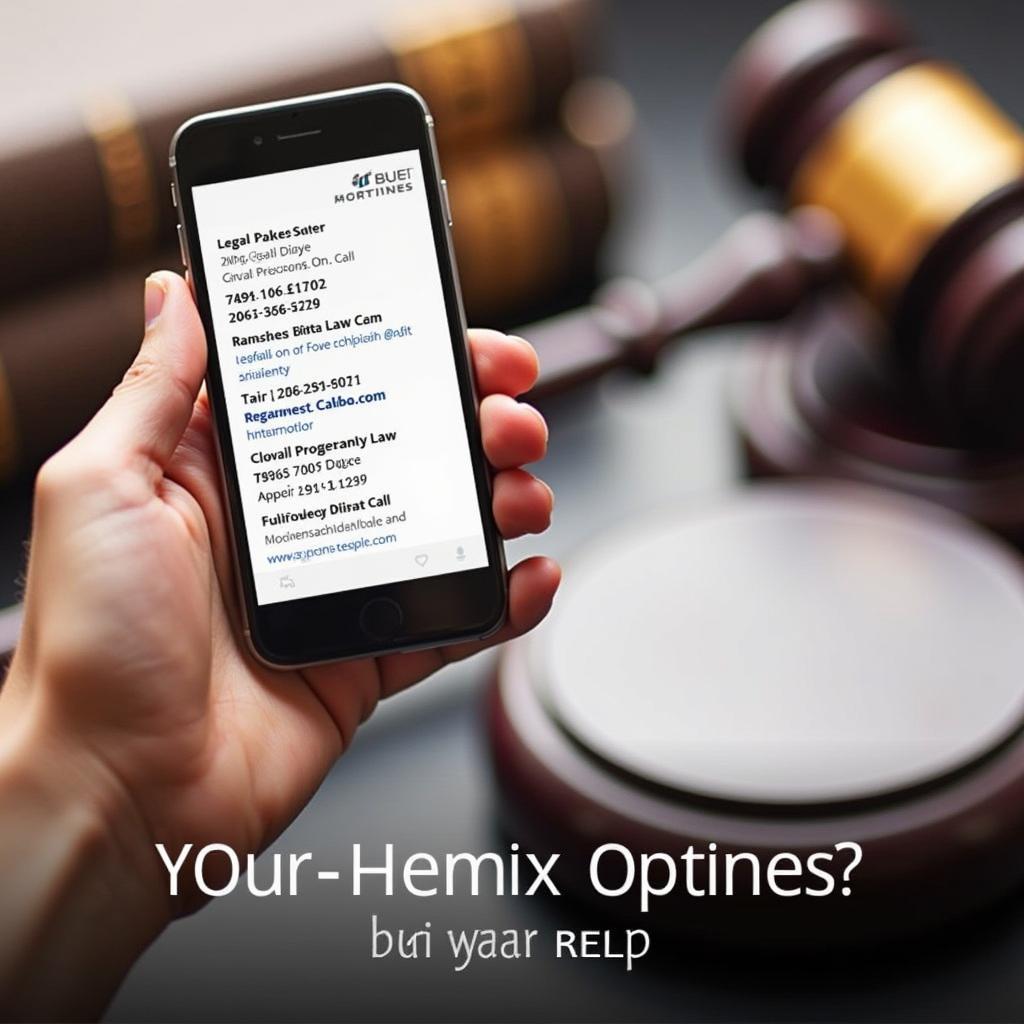The term “sex movie sutting” likely refers to the practice of creating and distributing non-consensual sexual imagery, often referred to as “revenge porn.” This is a serious issue with significant legal and ethical implications. This article aims to delve into the complexities surrounding this topic, exploring the motivations behind it, the devastating impact on victims, and the legal recourse available.
The Psychology Behind Non-Consensual Imagery Sharing
The act of sharing intimate images or videos without consent is often rooted in a desire for power and control. Perpetrators may seek to humiliate or punish their victims, exert dominance, or even profit financially from the distribution of such material. It’s crucial to understand that this behavior is never justified and represents a severe violation of trust and privacy.
The Devastating Impact on Victims
Victims of non-consensual pornography experience a wide range of emotional and psychological trauma. The public dissemination of private images can lead to feelings of shame, embarrassment, anxiety, and depression. Victims may also experience social isolation, difficulty forming new relationships, and even fear for their physical safety. The constant threat of these images resurfacing online creates a sense of perpetual vulnerability and can significantly impact their ability to move forward with their lives.
Legal Recourse and Support for Victims
Fortunately, there are legal avenues available for victims of non-consensual pornography. Many jurisdictions have specific laws in place criminalizing the distribution of intimate images without consent. Victims can pursue legal action against perpetrators, seeking both criminal charges and civil remedies for damages.  Legal Recourse and Support Systems for Victims of Non-Consensual Pornography Additionally, numerous support organizations offer resources and assistance to victims, providing emotional support, legal guidance, and practical advice on removing the content from the internet.
Legal Recourse and Support Systems for Victims of Non-Consensual Pornography Additionally, numerous support organizations offer resources and assistance to victims, providing emotional support, legal guidance, and practical advice on removing the content from the internet.
Understanding the Legal Landscape
Laws regarding non-consensual pornography vary by location, but many jurisdictions now recognize this act as a form of sexual abuse and harassment. These laws often include provisions for restraining orders, injunctions to remove the content online, and criminal penalties for perpetrators. It’s essential for victims to understand their rights and seek legal counsel to explore the available options in their specific area.
Preventing and Combating Non-Consensual Imagery Sharing
Addressing this issue requires a multi-faceted approach involving education, awareness, and societal change. Educating young people about healthy relationships, consent, and the potential consequences of sharing intimate images is crucial. Promoting a culture of respect and accountability online can also help deter this behavior. Furthermore, technology companies and online platforms have a responsibility to implement robust mechanisms for reporting and removing non-consensual imagery, providing victims with a swift and effective means of regaining control over their online presence.
Conclusion
The sharing of intimate images without consent, often referred to as “sex movie sutting,” is a serious crime with devastating consequences for victims. Understanding the motivations behind this behavior, the impact on victims, and the legal recourse available is crucial in combating this growing problem. By working together to raise awareness, promote education, and strengthen legal frameworks, we can create a safer and more respectful online environment for everyone.
FAQ
- What should I do if my intimate images have been shared without my consent?
- What are the legal penalties for sharing someone’s intimate images without their consent?
- How can I report non-consensual pornography online?
- What resources are available for victims of revenge porn?
- How can I protect myself from becoming a victim of non-consensual image sharing?
- What role do social media platforms play in addressing this issue?
- How can parents talk to their children about online safety and consent?
Need help? Contact us 24/7: Phone: 02933444567, Email: nanathemovies@gmail.com or visit us at RF55+W7R, Lê Hồng Phong, Vị Tân, Vị Thanh, Hậu Giang, Việt Nam.